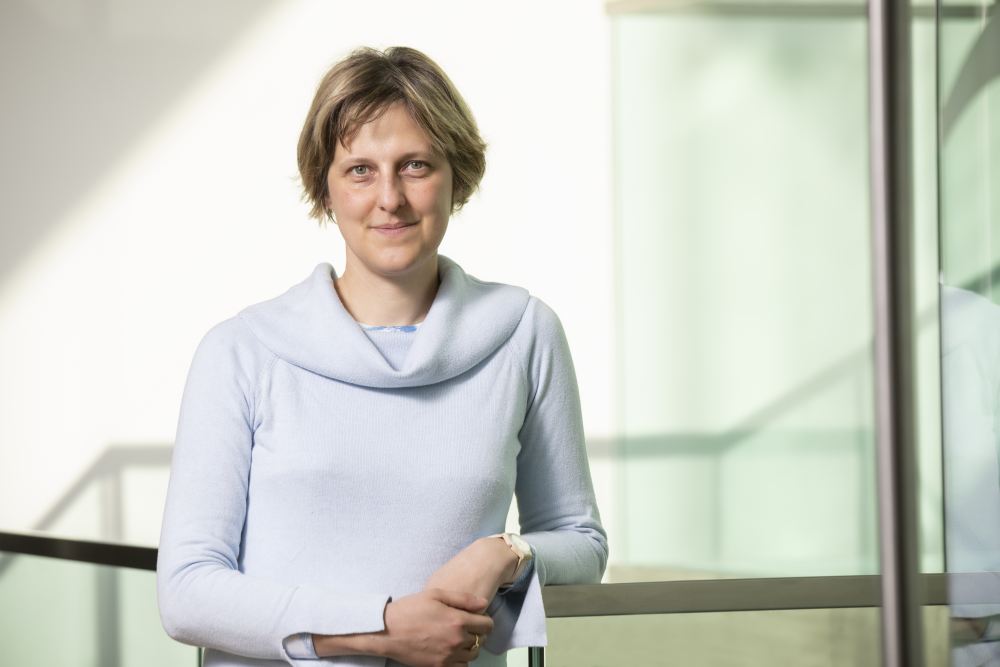
Claudia Sala
Claudia Sala trained as molecular microbiologist in the laboratory of Prof. Daniela Ghisotti, at the University of Milan (Italy), where she obtained her degree in Biological Sciences in 2000 and the PhD degree in Genetics and Molecular Biology in 2003. Her PhD thesis dealt with transcriptional regulation of the furA and katG genes in mycobacteria in response to oxidative stress. In the framework of the EU FP6 “New Medicines for Tuberculosis” (NM4TB) and FP7 “More Medicines for Tuberculosis” (MM4TB), she worked as post-doctoral fellow in the laboratories of Prof. Stewart Cole, at the Pasteur Institute in Paris first and then at the Ecole Polytechnique Fédérale de Lausanne, where she was subsequently promoted to senior scientist. She took active part in several research projects, including functional genomics and investigations on the M. tuberculosis Type VII Secretion System, and established the ChIP-Seq and RNA-Seq technologies in M. tuberculosis. She obtained the certificate of Biosafety Level 3 (BSL3) Safety Officer from the Swiss Confederation as well as the FESALA Category B and Category C licenses for performing and directing experiments involving animals. She was the recipient of the Swiss TB Award in 2010. She has recently moved to Fondazione Toscana Life Sciences (TLS) in Siena, in the group led by Prof. Rino Rappuoli, and performs research on monoclonal antibodies and vaccine development. Her main interests include drug discovery against infectious diseases, vaccinology, host-pathogen interaction and biosafety.


